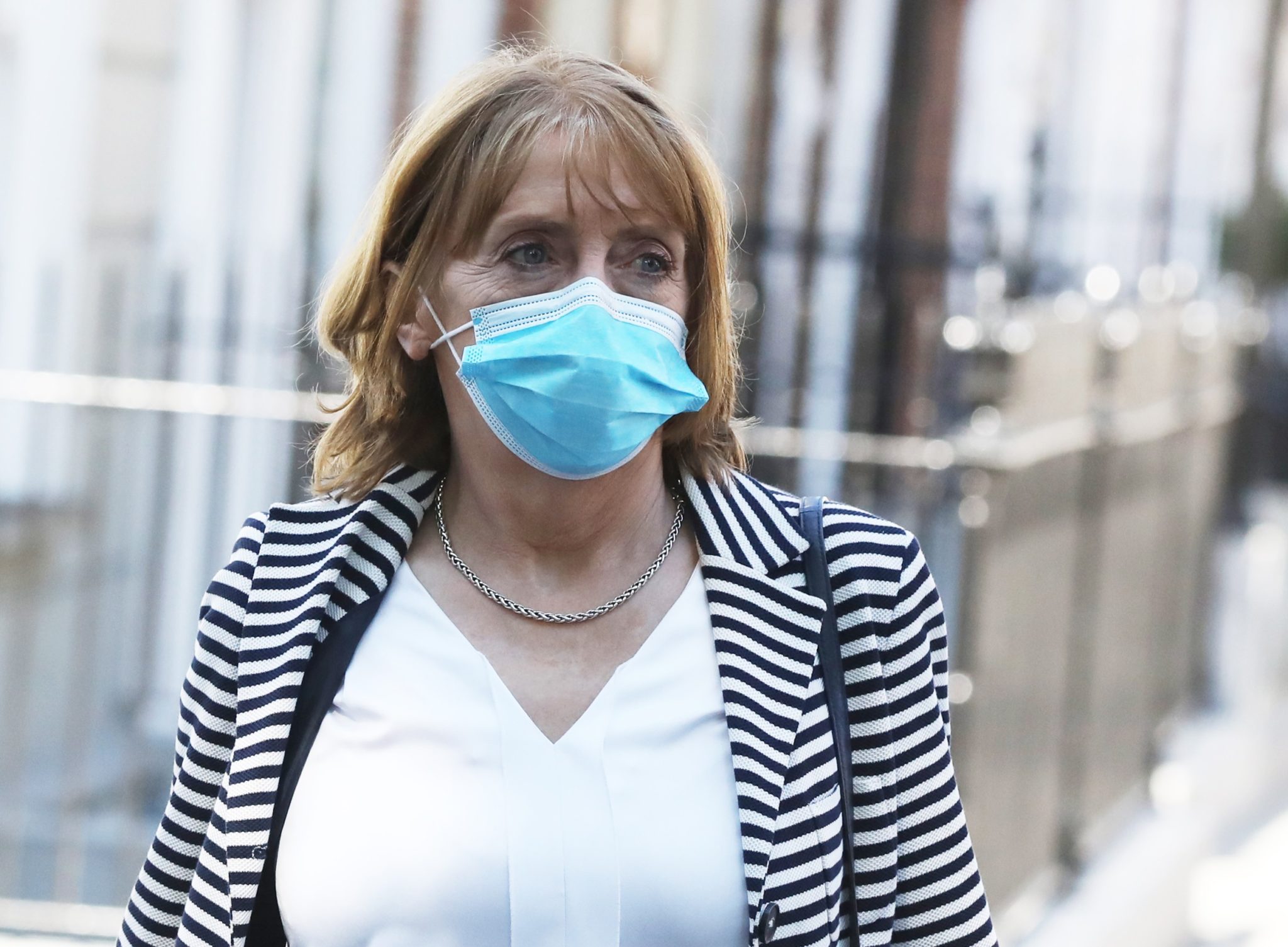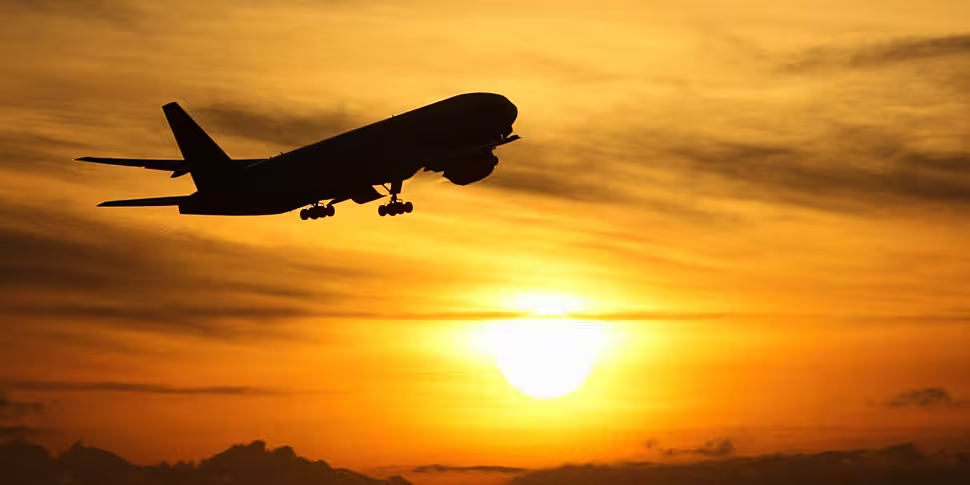EU member states have agreed to sign up to the new ‘traffic light’ system for international travel.
The European Council of Ministers this afternoon agreed to coordinate their approach to travel restrictions.
The system will see countries designated green, orange or red depending on three criteria:
- The number of new COVID-19 cases per 100,000 people over a 14-day period.
- The positivity rate of the COVID-19 tests carried out in the past week.
- The number of COVID-19 tests carried out per 100,000 people.
Under the plan, regions will be designated green if they have a 14-day rate below 25 and a positivity rate below 4%.
Regions with a 14-day below 50 will be designated orange provided their positivity rate is above 4%; however, they can have a 14-day rate as high as 150 if their positivity rate is less than 4%.
All other regions will be designated red.
Every week @ECDC_EU will publish
a common map️
with common colours (+ grey)
based on common criteria
(% of positive tests, number of cases and number of tests per 100 000 people)On the #ReOpenEU website
➡️https://t.co/fSYmIQx9vU#freemovement #coronavirus pic.twitter.com/S13nEcRPZE— EU Justice (@EU_Justice) October 13, 2020
Countries will now have to decide whether to impose quarantines or testing regimes on travellers from red and orange countries.
The European Commission President Ursula von der Leyen urged all members to ensure they provide enough data to keep the map up to date each week.
“We welcome this agreement to bring more order to a currently confusing situation,” she said.
“The coming together of Member States sends a strong signal to citizens and is a clear example of the EU acting where it absolutely should.
“We have learned our lessons: we will not surmount the crisis by unilaterally closing borders, but by working together.”
 Social Democrats TD Róisín Shortall wearing a face mask as she arrives at Leinster House in Dublin. Picture by: Leah Farrell/RollingNews.ie
Social Democrats TD Róisín Shortall wearing a face mask as she arrives at Leinster House in Dublin. Picture by: Leah Farrell/RollingNews.ieOn Newstalk Breakfast this morning, the Social Democrats co-leader Ireland was “certainly not ready” to sign up to the system.
“It does require different countries to put in place restrictions and we don’t have restrictions and it looks like we won’t have restrictions for some time because there has been little or no preparatory work done,” she said.
Our strength as a Union is when we act as one.
We welcome @EUCouncil agreement on coordinating measures that restrict free movement. This will bring clarity to the current situation thanks to:
1️⃣ map
1️⃣ colour code
1️⃣ set of rulesMore: https://t.co/5SKbJ2cNLk #StrongerTogether pic.twitter.com/tqLHaD7fkk
— European Commission (@EU_Commission) October 13, 2020
She said the system for monitoring people’s movements after the arrive in Ireland has “broken down completely” and warned that as a result, “there is no monitoring at all going on at the moment.”
“I think there was serious complacency during the summer months when things were quiet,” she said.
“Rather than using that quiet time to gear up a lot of things, including our systems in our airports and ports to make travel safer and including gearing up staff for the testing and tracing system overall, it seems the foot was taken off the pedal and that quiet time was not used.
“Now there is kind of a mad rush to try and get systems in place in order to catch up with the virus and the growing levels of the virus but unfortunately, we are not ready at this point and there is a lot of last-minute work being done.”
So how does this affect me?
☑️You can travel fromregions without restrictions
☑️You are always allowed to return to your country of nationality or residence
☑️No need to quarantine if travelling for essential functions/needsFactsheet ➡️https://t.co/tJIVEWb2Mn#coronavirus pic.twitter.com/tyU5HfMqek
— EU Justice (@EU_Justice) October 13, 2020
The new system also aims to gradually lift restrictions for a number of non-EU countries:
- Australia
- Canada
- Georgia
- Japan
- New Zealand
- Rwanda
- South Korea
- Thailand
- Tunisia
- Uruguay
- China, subject to confirmation of reciprocity
It notes that any restriction on travel between EU states should be “proportionate” and EU citizens should never be refused entry to a member state.
Anyone travelling for essential purposes will not face restrictions.









